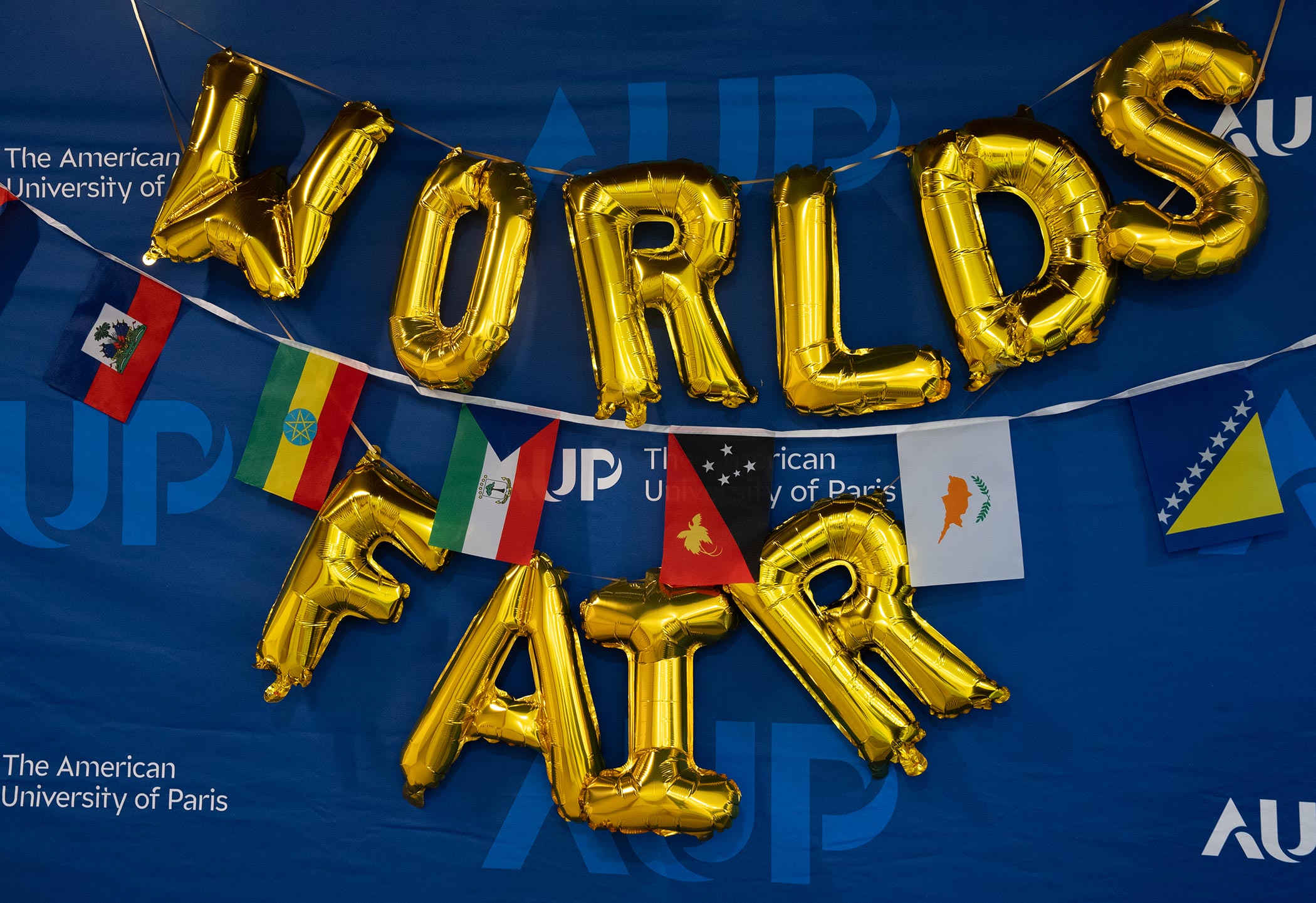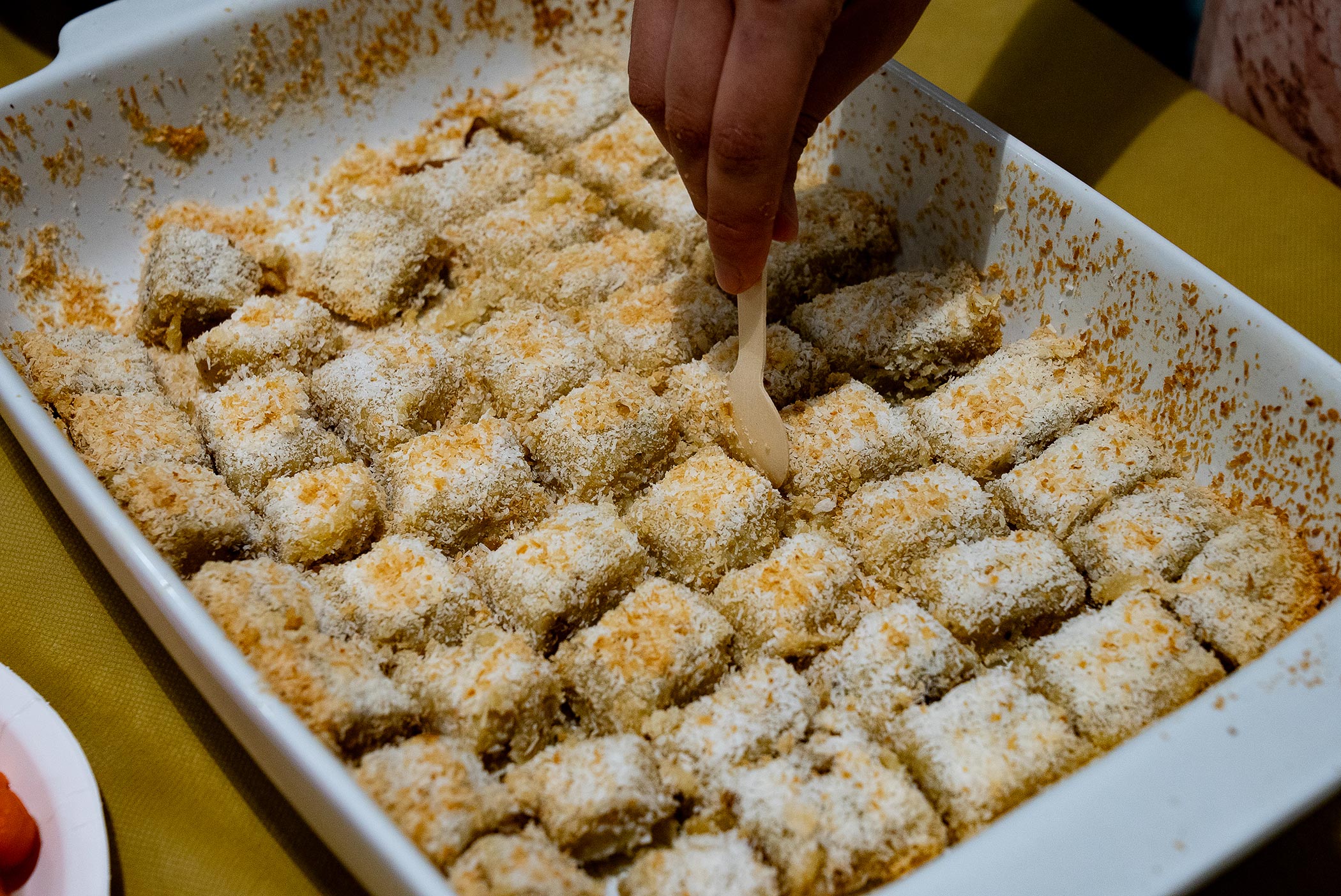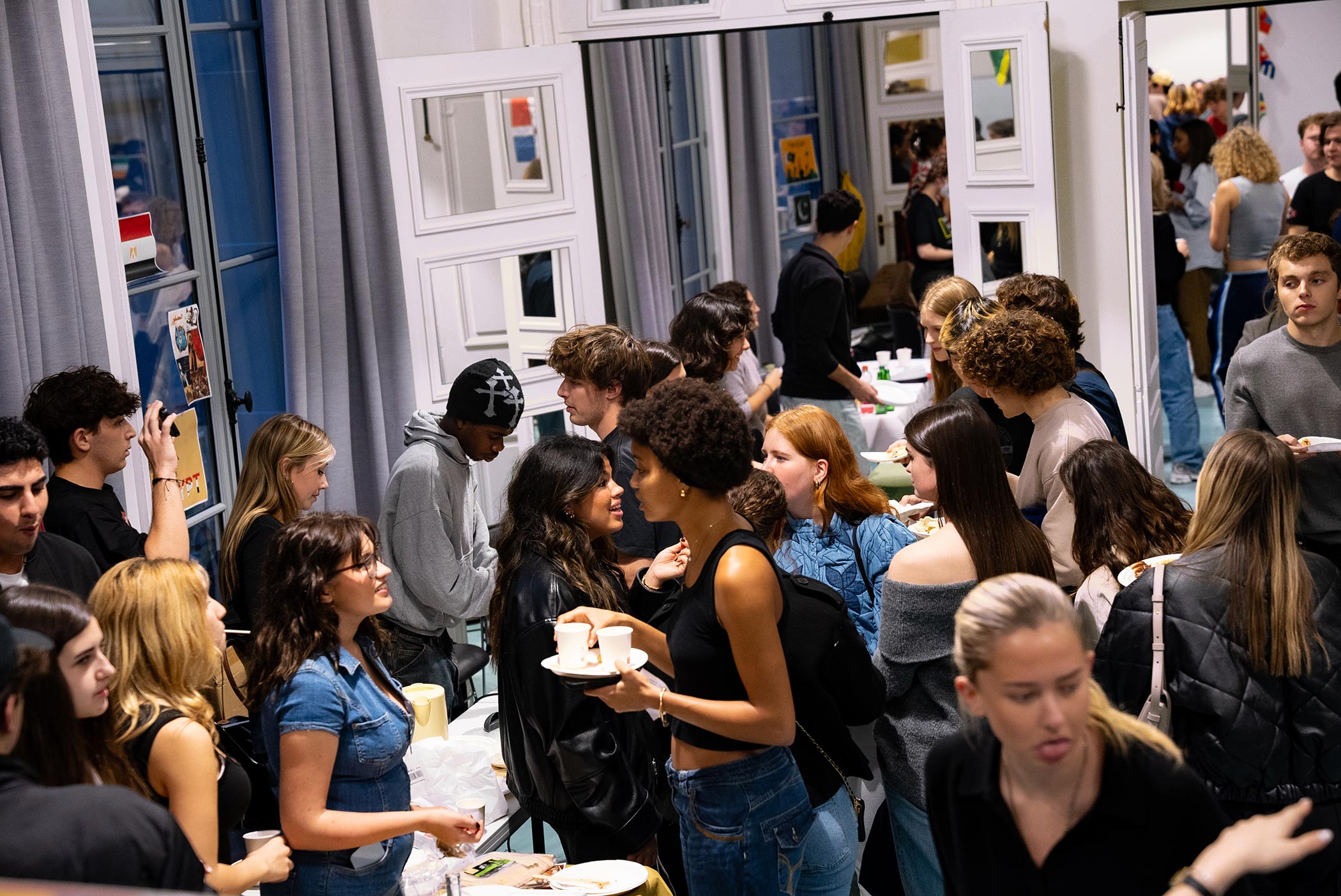- About AUP
- History of AUP
- Mission & Core Values
- Vision and Leadership
- AUP Recognition
- Alumni Success
- Campus Development
- Arts at AUP
- Policies & Guidelines
- Academics
- Undergraduate
- Graduate Programs
- MA in Diplomacy and International Law
- MA in Global Communications
- MSc in Human Rights and Data Science
- MA in International Affairs
- MA in International Affairs, Conflict Resolution, and Civil Society Development
- MSc in International Management
- MSc in Strategic Brand Management
- Find Your Thesis Advisor
- Previous Programs
- Cultural Program
- Faculty
- Summer School
- Research Centers
- The Center for Critical Democracy Studies
- Upcoming Events
- Research Projects
- Fellows’ Publications
- Publishing
- Curriculum
- Community
- Partnerships
- Visiting Scholars
- CCDS Highlights
- Atelier de Théorie Politique – Paris
- Critical Theory 101: Future Directions and New Challenges
- Martti Koskenniemi on “The Law of International Society: A Road not Taken”
- Academic Freedom Symposium
- Tocqueville Colloque 2023
- Violent Turns Conference
- Degenerations of Democracy
- DEMOS21 Inaugural Event
- What Demos for the 21st Century?
- The Paris Centennial Conference
- Justice Stephen Breyer
- Civic Jazz - The Launch of the Center
- Past Events
- FR
- The Center for Writers and Translators
- The George and Irina Schaeffer Center for the Study of Genocide, Human Rights and Conflict Prevention
- The Joy and Edward Frieman Environmental Science Center
- The Center for Media, Communication & Global Change
- The Center for Critical Democracy Studies
- Departments
- Academic Resources
- Academic Affairs
- Academic Calendar
- Academic Resource Center
- Library
- Registrar's Office
- Teaching and Learning Center
- Accessibility & Accommodation Services
- AI@AUP: A Campus-Level Initiative
- Quai D'Orsay Learning Commons
- Paris as Classroom
- ACE
- Admissions
- Student Life
- Campus
- Student Leadership & Involvement
- Paris
- Support Services
- Student Life Help Desk
- Student Accounting Services
- Student Immigration Services
- Student Grievance Procedure
- Diversity and Inclusion
- Health & Well-being
- Digital Student Handbook
- News
- Events
- AUP Giving
- Housing Offer for 2025-2026
- IT Services
- Alumni
- About AUP
- History of AUP
- Mission & Core Values
- Vision and Leadership
- AUP Recognition
- Alumni Success
- Campus Development
- Arts at AUP
- Policies & Guidelines
- Academics
- Undergraduate
- Graduate Programs
- MA in Diplomacy and International Law
- MA in Global Communications
- MSc in Human Rights and Data Science
- MA in International Affairs
- MA in International Affairs, Conflict Resolution, and Civil Society Development
- MSc in International Management
- MSc in Strategic Brand Management
- Find Your Thesis Advisor
- Previous Programs
- Cultural Program
- Faculty
- Summer School
- Research Centers
- The Center for Critical Democracy Studies
- Upcoming Events
- Research Projects
- Fellows’ Publications
- Publishing
- Curriculum
- Community
- Partnerships
- Visiting Scholars
- CCDS Highlights
- Atelier de Théorie Politique – Paris
- Critical Theory 101: Future Directions and New Challenges
- Martti Koskenniemi on “The Law of International Society: A Road not Taken”
- Academic Freedom Symposium
- Tocqueville Colloque 2023
- Violent Turns Conference
- Degenerations of Democracy
- DEMOS21 Inaugural Event
- What Demos for the 21st Century?
- The Paris Centennial Conference
- Justice Stephen Breyer
- Civic Jazz - The Launch of the Center
- Past Events
- FR
- The Center for Writers and Translators
- The George and Irina Schaeffer Center for the Study of Genocide, Human Rights and Conflict Prevention
- The Joy and Edward Frieman Environmental Science Center
- The Center for Media, Communication & Global Change
- The Center for Critical Democracy Studies
- Departments
- Academic Resources
- Academic Affairs
- Academic Calendar
- Academic Resource Center
- Library
- Registrar's Office
- Teaching and Learning Center
- Accessibility & Accommodation Services
- AI@AUP: A Campus-Level Initiative
- Quai D'Orsay Learning Commons
- Paris as Classroom
- ACE
- Admissions
- Student Life
- Campus
- Student Leadership & Involvement
- Paris
- Support Services
- Student Life Help Desk
- Student Accounting Services
- Student Immigration Services
- Student Grievance Procedure
- Diversity and Inclusion
- Health & Well-being
- Digital Student Handbook
- News
- Events
- AUP Giving
- Housing Offer for 2025-2026
- IT Services
- Alumni
Related Links
Campus
AUP’s World’s Fair Unites Students Across Cultures
Home>News>
AUP’s World’s Fair is an opportunity to showcase a pillar of the AUP experience – cultural diversity. Each year, this event sees students form groups to represent different nations and cultures through food, drink and activities such as dance and other performances.
“With close to 50% of our study body representing 100 different nationalities, the World’s Fair is always a huge success and has become one of the University’s most important and longstanding traditions,” explains Dean of Students, Kevin Fore, who has been instrumental in putting a spin on this year’s fair. Usually, groups of students come together on their own around a shared nationality or culture; but this year, the Fair became an integral part of the First Year Success program, an advising and mentoring program designed to help first-year students acclimate to AUP. “We decided to get first-year students on board to take a lead in this event, which usually sees upper class students hosting tables,” said Fore.
Students were asked, upon arrival, to choose a country to represent at World’s Fair as part of one of the six workshops that the first-year students have throughout the year. Some student groups chose countries where students in their advising group were from and others went for countries that they had traveled to or love. This is just one of the ways AUP allows students to craft their own paths and integrate elements of their own identities into their learning experiences.
According to Fore, “it was about having them learn to organize an event and learn to work with other people on an interactive project. It also helps meet one of our key learning outcomes: helping students navigate and appreciate different cultures on campus.”
Indeed, 17 countries were represented with 15 first-year student tables, two tables were organized by upper class students who wanted to represent the United States of America and Mongolia, and two sophomore class representatives helped with the general flow of the event, decorations and preparing the student vote for the prize awarded to the best table. The countries represented were Egypt Iraq, Bulgaria, the Philippines, Pakistan, Colombia, Greece, France, Thailand, Nigeria, Spain, Italy, Brazil, Mexico, Haiti, the USA and Mongolia. Egypt won the prize based on “cultural significance,” “menu options,” “presentation & creativity,” and “team enthusiasm.”
Each of the 15 first-year tables was supported by an FYS mentor (an AUP faculty member) and a student advisor (an upper-class student). Student leadership also offered logistical support to help draw up the floor plan and distribute the 200 euros allocated to each table. Students were also able to get a custom glue-on World’s Fair 2024 patch for their tote bag or merch item of choice.
Some students cooked and others brought catered food, but all put their heart into it to help share in the cultural diversity that is “part of the University’s DNA,” as Fore puts it. “It is a very popular moment among students who have a lot of fun. It’s a rare moment that brings a lot of people together and to do that around food is always a great thing. We had an amazing turn out.”



